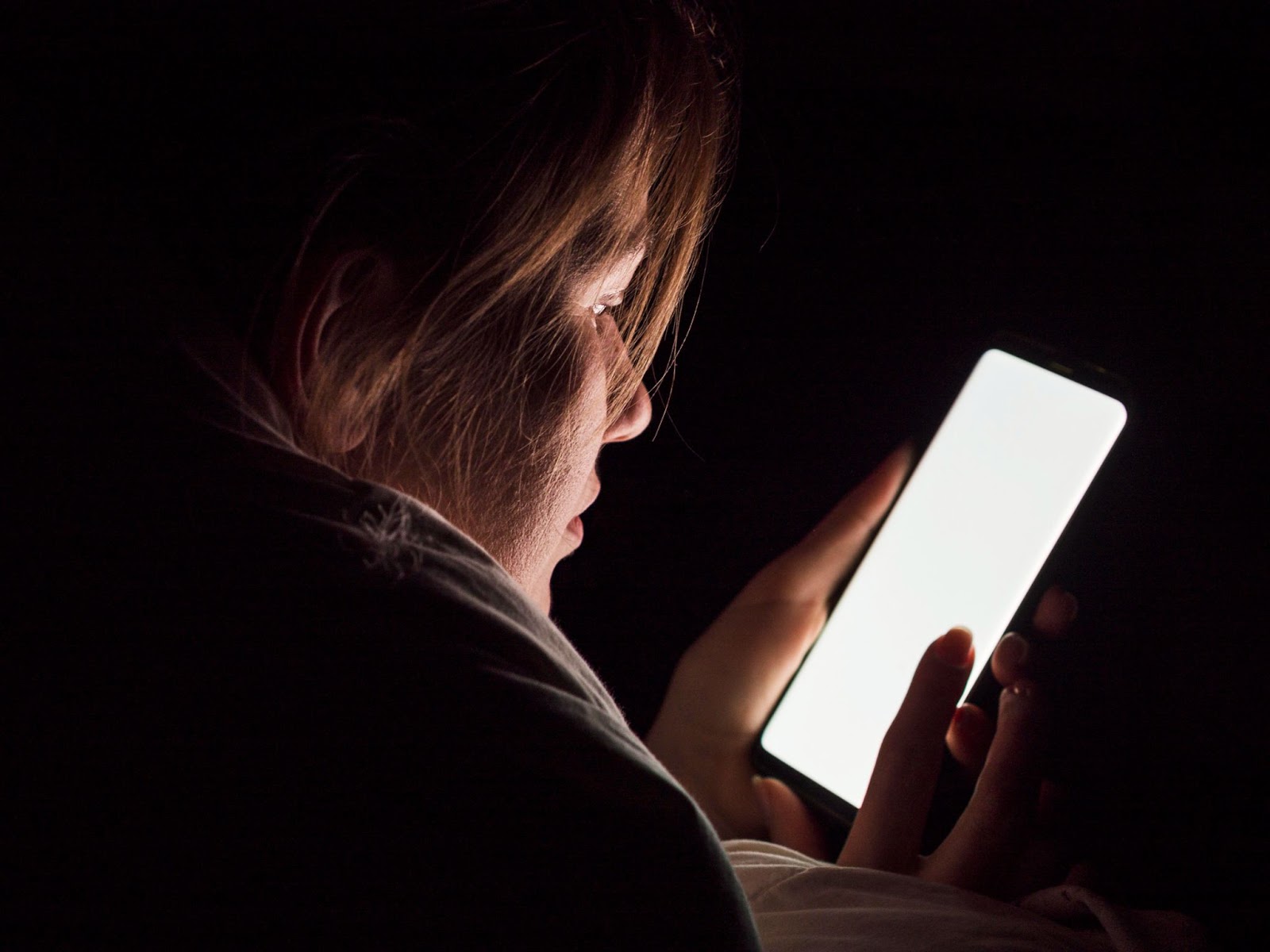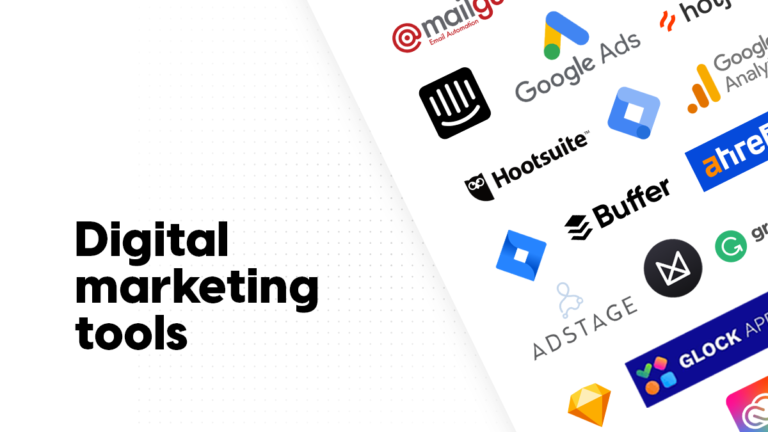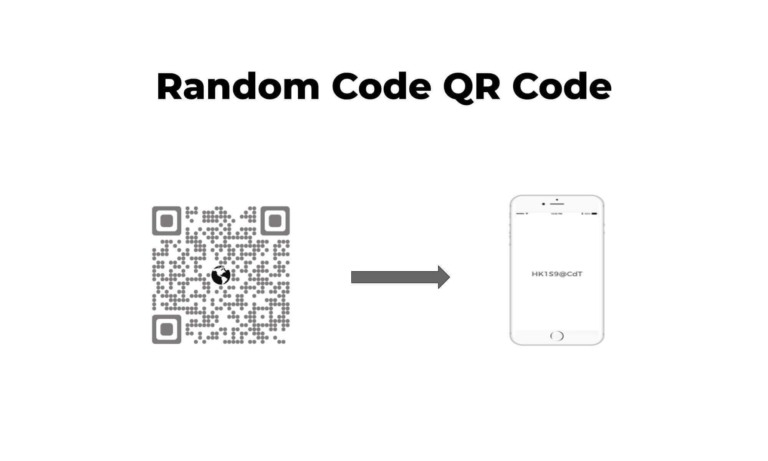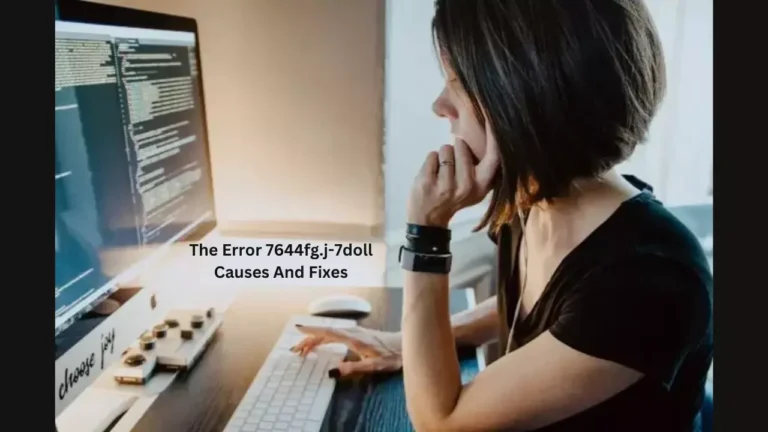From Connection to Isolation: Instagram’s Paradoxical Effect on Social Interaction
Since the past decade, social media platforms have completely altered how we interact. Although they were intended to promote social interaction, users are ironically becoming more socially isolated and experiencing mental health issues.
According to the Social Media Paradox theory, social media platforms can have negative and positive effects. Interactivity, equitable participation, information access, and efficiency are enabling factors, while risk-taking, addiction, depression, and false information are disabling factors.
This blog post explores the paradoxical impacts of Instagram in causing social isolation among users.
Social Isolation from Social Media: The Contradiction
Instagram and other social media platforms use powerful technologies to attract, interact with, and eventually trap young users. Likes, comments, and shares are all over social media. This can set off a vicious cycle of seeking validation from digital interactions by activating the brain’s reward system.
As a result of this cycle, users experience increased anxiety when they become focused on upholding a particular online persona. Furthermore, the curated content on social media frequently depicts an idealized version of reality. This leads to feelings of self-doubt and inadequacy in users.
How does Instagram Contribute to Social Isolation?
Research indicates that spending more than two hours daily on social media doubles the likelihood of feeling isolated. In contrast, those who use these sites for half an hour or less each day report significantly less isolation. Also, a survey conducted by the Pew Research Center in 2023 among U.S. teens aged 13 to 17 revealed that a significant number of teens use social media platforms like Instagram almost constantly. This pervasive use of social media is associated with reduced face-to-face interactions, potentially increasing feelings of isolation
Here why:
- Social anxiety: Research has found a link between excessive social media use and feelings of social anxiety. Some aspects of social media may benefit users, particularly young people, but others are more likely to worsen their symptoms. The constant need for approval, expressed through likes and comments, results in a vicious cycle of anxiety.
- Substitution for real-life interaction: When technology replaces in-person relationships, it has been shown to increase disconnection. Online connectivity can complement in-person relationships. However, if relationships are maintained solely online, they will eventually fail to satisfy.
- Comparison culture: Social media platforms frequently present idealized versions of people’s lives, fueling comparison and self-doubt. This comparison culture leads to feelings of inadequacy and isolation when users compare their lives to these seemingly versions.
- Cyberbullying and negative interactions: Negative interactions, like cyberbullying and trolling, often intensify feelings of isolation. Exposure to online harassment may lead to withdrawal from social interactions, fearing further negative experiences. This isolation can deepen as victims perceive themselves as ostracized from online communities, increasing feelings of loneliness.
- Fear of Missing Out (FOMO): Seeing others participate in activities and events can trigger a fear of missing out, leading to feelings of isolation. People may feel alienated or cut off from social circles as they compare themselves with carefully chosen highlights posted online.
More than 40 States in the US are Suing Meta
In light of these concerns, a lawsuit has been filed against Instagram and its parent company, Meta. The Instagram lawsuit accuses the tech giant of knowingly inducing young children and teenagers to develop addictive social media habits. It claims Meta violated consumer protection laws such as the COPPA by abusing their social media platform’s addictive algorithm.
TorHoerman Law reports that the lawsuit seeks various remedies, including substantial civil penalties. Individuals can also benefit. Illinois residents are already eligible for a $68.5 million settlement from Meta’s social media platform, Instagram. The Instagram settlement applies to anyone who used Instagram in Illinois between August 10th, 2015, and August 16th, 2023.
Frequently Asked Questions
- What are the causes of social isolation?
The use of social media platforms like Snapchat, Instagram, and Facebook has significantly impacted social interactions. These platforms offer users the convenience of connecting with others virtually, often leading to a decrease in face-to-face engagements. The constant lure of online presence can make users feel more connected virtually than in real life. This perception enhances feelings of separation despite the appearance of being “connected”.
- Does Instagram foster isolation?
Indeed, studies have found that people use social media more when they feel lonely. However, contrary to expectations, spending time on these platforms frequently increases feelings of loneliness and isolation. This implies that while social media creates the illusion of connection, it ultimately increases feelings of isolation.
- Is Instagram a safe place for girls?
The safety of Instagram for girls has been called into question after Meta’s internal research was leaked in 2021. These findings revealed that Instagram exacerbates body image issues, particularly among adolescent girls. The app has also been linked to issues like anxiety, depression, and low self-esteem.
- Can I sue Instagram over emotional distress?
If your Instagram use has contributed to mental health issues, you may be eligible for an Instagram Mental Health Lawsuit. However, these cases can be complex. It is best to seek legal counsel to better understand your legal rights and options.
In conclusion, social media platforms provide opportunities for connection and self-expression. They can also aggravate mental health problems such as social anxiety, self-doubt, and body dysmorphia. Technology companies must implement industry-leading safeguards to protect children and young users from harmful content, simultaneously providing age-appropriate online experiences.








